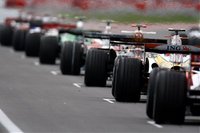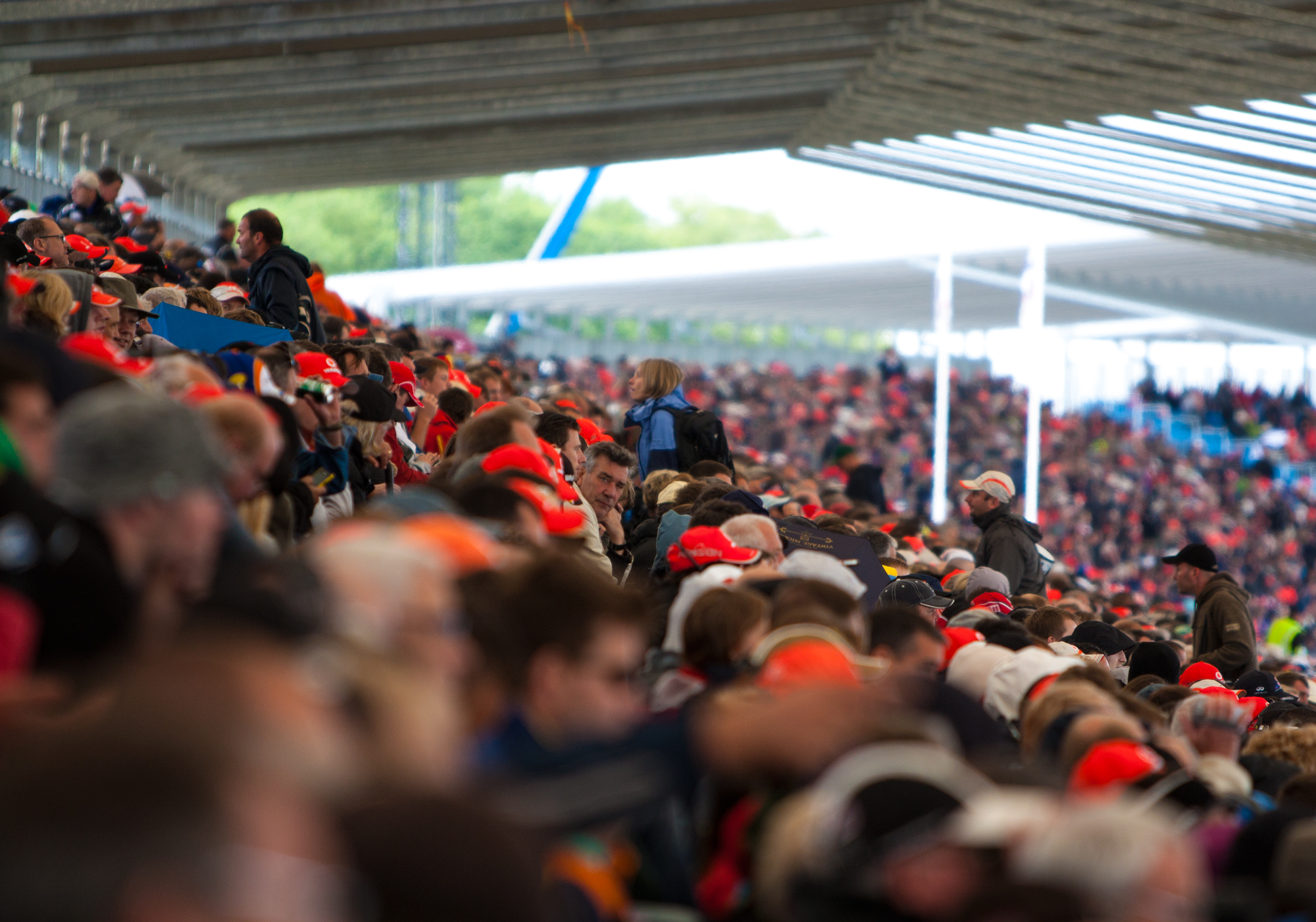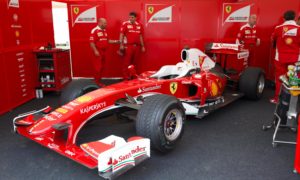 A notable absence from the FIA s raft of measures to cut costs in Formula One and secure the sport s future [see separate story HERE] was budget-capping.
A notable absence from the FIA s raft of measures to cut costs in Formula One and secure the sport s future [see separate story HERE] was budget-capping.
Like the bulk of the FIA s proposals which included a ban on in-season testing and major restrictions on aerodynamic and engine development budget-capping had been explored extensively by the teams under the new, and increasingly efficient, Formula One Teams Association (FOTA).
With the FIA pursuing a standard spec agenda in which the cars and car parts, most controversially the engine, are standardised as much as possible for all the teams the idea of budget-capping was explored as an alternative means to bring costs under control while simultaneously upholding the sport as a constructor formula and allowing technical innovation and diversity to flourish.
The approach of restricting the teams extortionate budgets which prior to the financial downturn exceeded $100 million even for the mid-field teams would punish those teams that go over budget, and, so the argument goes, would ask the teams to invest their money where they can generate the biggest return in performance. Different teams may choose to pursue different development paths, thus restoring technical innovation and enterprise.
The downside is that it would be enormously difficult to police and would require some kind of independent audit squad to monitor each teams spending. And you have to wonder how responsive the teams will be to the idea of on-going investigation by the FIA.
The idea was eventually shelved as a result of these logistical problems, including the problem of teams multiple investment interests.
“Budget-capping was explored at some length but generally thought after a lot of analysis to be very difficult to implement by teams which have bases that are spread around the world,†Honda s Team Principal Nick Fry told Forumula1.com earlier in the year.
The burying of budget-capping lends itself to the worrying possibility that Formula One becomes something a divided sport: manufactures on the one hand dominating by virtue of throwing money at increasingly cheaper opportunities to develop winning cars; independent teams on the other forced to either settle for a place at the back of the grid or become customers of the manufactures and claw themselves into the mid-field.
Frank Williams, owner of Formula One s most successful and long-standing teams, has now moved to get budget-capping back on the agenda.
“We ve raised this issue several times and will take the opportunity to do so again,†he told The Times. “We d also strongly support a budget cap, introduced gradually, if it could be properly policed.â€








